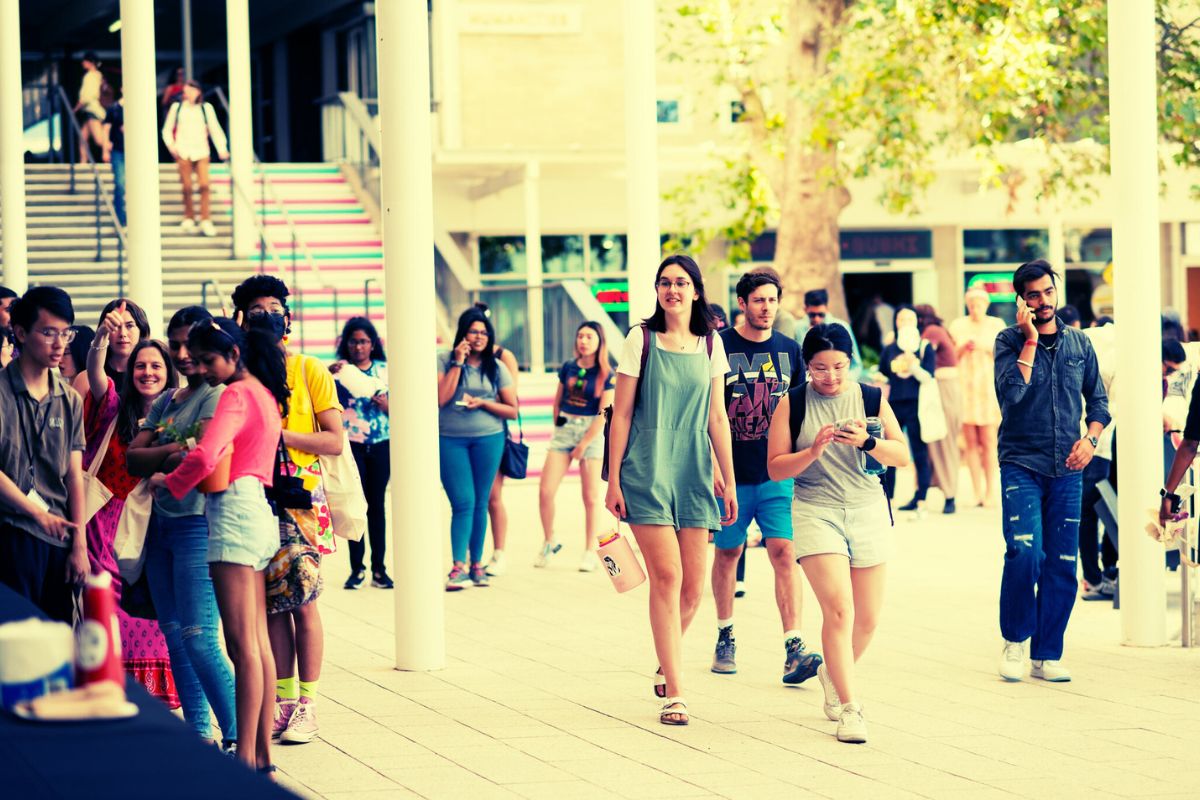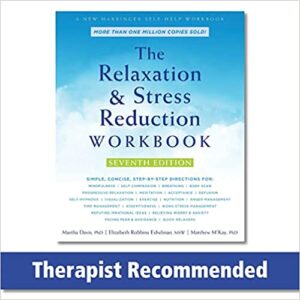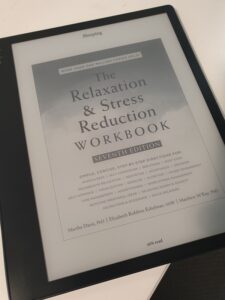
Sitting at home hiding under a doona? Good choice! But a better one is to get on campus and explore the sights and sounds of Wellbeing Week.
I’ve mentioned Wellbeing Week a couple of times here on the blog, including a heads-up on an online session I am running tomorrow (Tuesday 9th May) evening.
Apologies if you are sick of hearing about it, but final heads-up, it is here, now!
This is a good week to come on campus (if you can handle the chill 🥶in the air) and there will be stalls and activities and generally happy people floating around. Weeks like this usually involve some free stuff. I think there are plants and food and Good Vibes Experiment merchandise.
The quickest and easiest to way to connect with activities for this week is social media. In fact, if you want to know what is happening during Wellbeing Week (e.g. campus events etc), you’re gonna want to get on social media and follow these accounts:

- https://www.instagram.com/hey_flinders/
- https://www.instagram.com/oasis_at_flinders/
- https://www.facebook.com/onesportandfitness
- https://www.facebook.com/FlindersUniversity/
- https://www.facebook.com/oasisatflinders
For example, Flinders Sports and Fitness, the really buff ones, are running lots of cool activities this week. There will also be student takeovers on these social media channels s0 – “Viva la revolución!”
What am I doing for Wellbeing Week?
Other than my talk on Tuesday, I am reading a book this week that I hope to feature on the blog soon.
It is the Relaxation and Stress Reduction Workbook.

Now in its seventh edition―with more than one million copies sold worldwide―The Relaxation and Stress Reduction Workbook remains the go-to resource for stress reduction strategies that can be incorporated into even the busiest lives.
The Relaxation and Stress Reduction Workbook broke new ground when it was first published in 1980, detailing easy, step-by-step techniques for calming the body and mind in an increasingly overstimulated world. Now in its seventh edition, this fully revised and updated workbook―highly regarded by therapists and their clients―offers the latest stress reduction techniques to combat the effects of stress and integrate healthy relaxation habits into every aspect of daily life.
This new edition also includes powerful self-compassion practices, fully updated chapters on the most effective tools for coping with anxiety, fear, and panic―such as worry delay and defusion, two techniques grounded in acceptance and commitment therapy (ACT)―as well as a new section focused on body scan.
In the workbook, you’ll explore your own stress triggers and symptoms, and learn how to create a personal action plan for stress reduction. Each chapter features a different method for relaxation, explains why the method works, and provides on-the-spot exercises you can do when you feel stressed out. The result is a comprehensive yet accessible workbook that will help you to curb stress and cultivate a more peaceful life.
It is one of those books that is very practical. You learn a bit about stress. You reflect on your own experience of stress. Based on what you learn about your stress you pick from a range of clearly described stress reduction strategies (20 in total) and you put em into action!
I’ll talk a bit more about the book in the coming weeks as I make my way through it.

Reading that specific book is part of my wellbeing strategy, but also the fact that I am reading it on a dedicated e-reader (pictured). I am trying to reduce the amount of time I spend on LCD screens and my phone. I thought a good transition device would be an e-reader which is much gentler on the eyes and has limited functionality meaning I can basically only read books or write down my thoughts. So far, so good.
Do you think you’ll use this week to activate any new wellbeing strategies?


